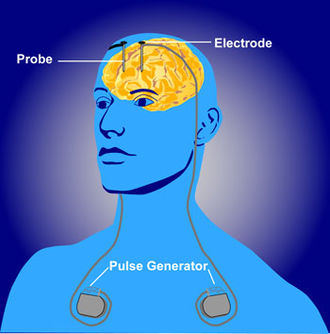
There exists a type of quiet in hospitals that no overhead announcement can break. The quiet that follows when you’ve voiced a concern, recorded it, escalated it, and yet nothing is different. Some doctors endure that quiet for years. Some experience burnout. A handful leave, not in opposition to medicine, but in loyalty to what medicine was intended to be. And when they do, they are often labeled as disruptive, political, or unprofessional. But what if they are something completely different? What if they are witnesses?
When no one heeds the call
The medical field prides itself on its internal ethics. We create committees, hold M&M conferences, and quietly alert our chiefs or CMOs. However, when those channels fail, when leadership acknowledges but continues as before, what is left? One physician sending a letter of concern might be overlooked. A thousand walking out together? That isn’t abandonment; that represents moral escalation. A strike, viewed through this lens, is not an economic negotiation. It is a collective act of whistleblowing, originating not from convenience, but from fatigue and something deeper: conscience.
Conscience is not comfort.
Kant referred to it as “the moral law within.” For him, conscience was not about feeling good. It centered around acting on what should be universal: Would I wish for this policy, this neglect, this silence, to apply to everyone? When the answer is no, and no internal mechanism can prevent harm, refusal transforms into duty.
Aquinas, much more forgiving than his reputation indicates, noted that one must adhere to conscience, even when mistaken. “He who acts against his conscience always sins.” It is better to act wrongly with moral sincerity than rightly with moral capitulation.
We witness this happening globally.
– In Kenya, physicians went on strike due to their hospital lacking electricity.
– In South Korea, residents resigned in large numbers when unsafe training policies were imposed.
– In the U.K., junior doctors organized strikes to maintain emergency care, stepping out without fully disengaging.
These actions were not self-serving. They were cries for help structural in nature.
When resistance is the only remaining obligation
Doctors are trained to remain, to endure, to rectify what they can from inside. However, staying within a system that refuses to address moral distress can morph into a form of complicity. And that—subtly and quietly—breaks individuals.
Heschel, the rabbi who marched alongside King, described this as the burden of shared responsibility. “In a free society, some are guilty. All are responsible.” This holds true for medicine as well. When the risk becomes unseen and normalized, the strike transitions from protest to testament.
Not everyone who steps out does so out of anger. Some depart with trembling hands, tears, and sorrow. Yet they leave because remaining became a form of silence they could no longer endure.
The underlying message of the protest
Strikes are seldom driven by financial motives. More frequently, they are about being acknowledged, about reinstating the moral circumstances that allow the healing process to take place.
What if we listened prior to the walkout? What if we regarded protest not as a failure, but as a final demonstration of fidelity?
That is not betrayal. That is conscience insisting on being heard. Occasionally, the most loyal action a physician can take is to declare: This is not care.
Patrick Hudson is a retired plastic and hand surgeon, former psychotherapist, and author. Educated at Westminster Hospital Medical School in London, he practiced for many years in both the U.K. and the U.S. before shifting his focus from surgical techniques to emotional healing—assisting physicians in navigating the hidden costs of their profession and the subtle ways medicine alters identity. Patrick is board-certified in both surgery and coaching, a Fellow of the American College of Surgeons and the National Anger Management Association, and has advanced degrees in counseling, liberal arts, and health care ethics.
Through his national coaching practice, CoachingforPhysicians.com, which he established, Patrick offers one-on-one coaching and physician leadership training for doctors facing complex personal and professional environments. He collaborates with clinicians seeking clarity, renewal, and more profound connections in their careers. His emphasis includes leadership development and emotional intelligence for physicians who frequently find themselves in leadership positions they did not anticipate.
Patrick is the author of the Coaching for Physicians series. He also publishes under CFP Press, a small imprint he created for reflective writing in medicine. For his full catalog, visit his Amazon author page.